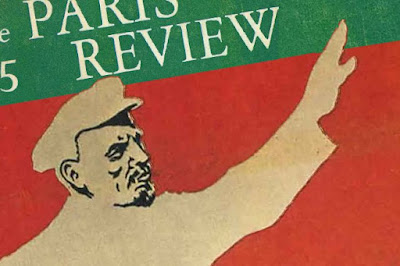Whitney uses interviews, letters and documents - as well as the work of other scholars and authors - to describe the CIA’s targeting of the world’s intellectual elites with funding, political arm-twisting and secret infiltration. He makes a convincing, well-referenced case – and serious researchers will see a comprehensive references section, chapter notes and a brief index. This is a good thing, as ‘Finks’ introduces a vast and sometimes confusing cast of players.
Recent controversies involving the Hollywood blockbusters such as Zero Dark Thirty and the Independence Day reboot, have shown US government agencies are not shy in leveraging culture to promote their strategic agenda.
However, Whitney’s book is an original, substantive, in-depth study of the CIA’s involvement in promoting US cultural hegemony to and through cultural elites in Europe, Latin and Central America and in the far east. He shows how writers such as Hemingway, Pasternak and Gabriella Garcia Marquez were drawn into the ideological struggles of the Cold War, and that literary journals such as the Paris Review, Encounter and Mundo Nuevo formed a worldwide ‘stable’ of CIA-funded publications. (more...)
Related:

No comments:
Post a Comment